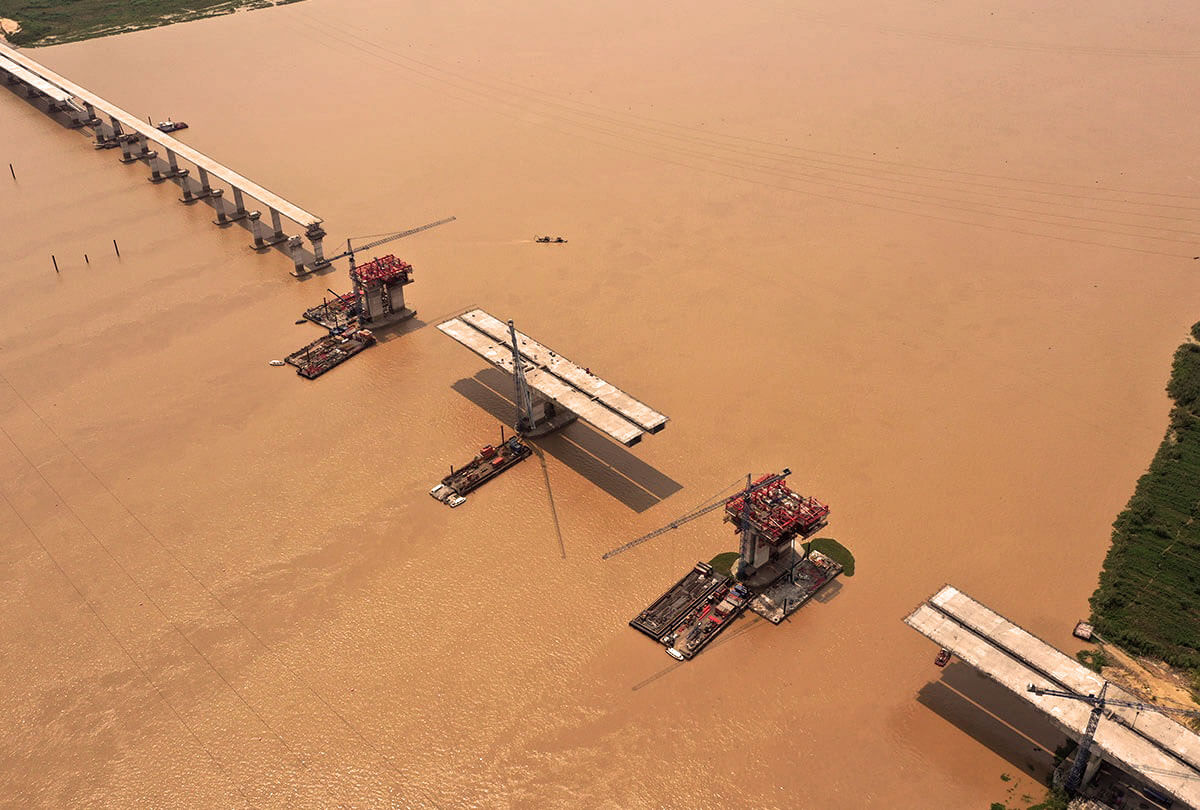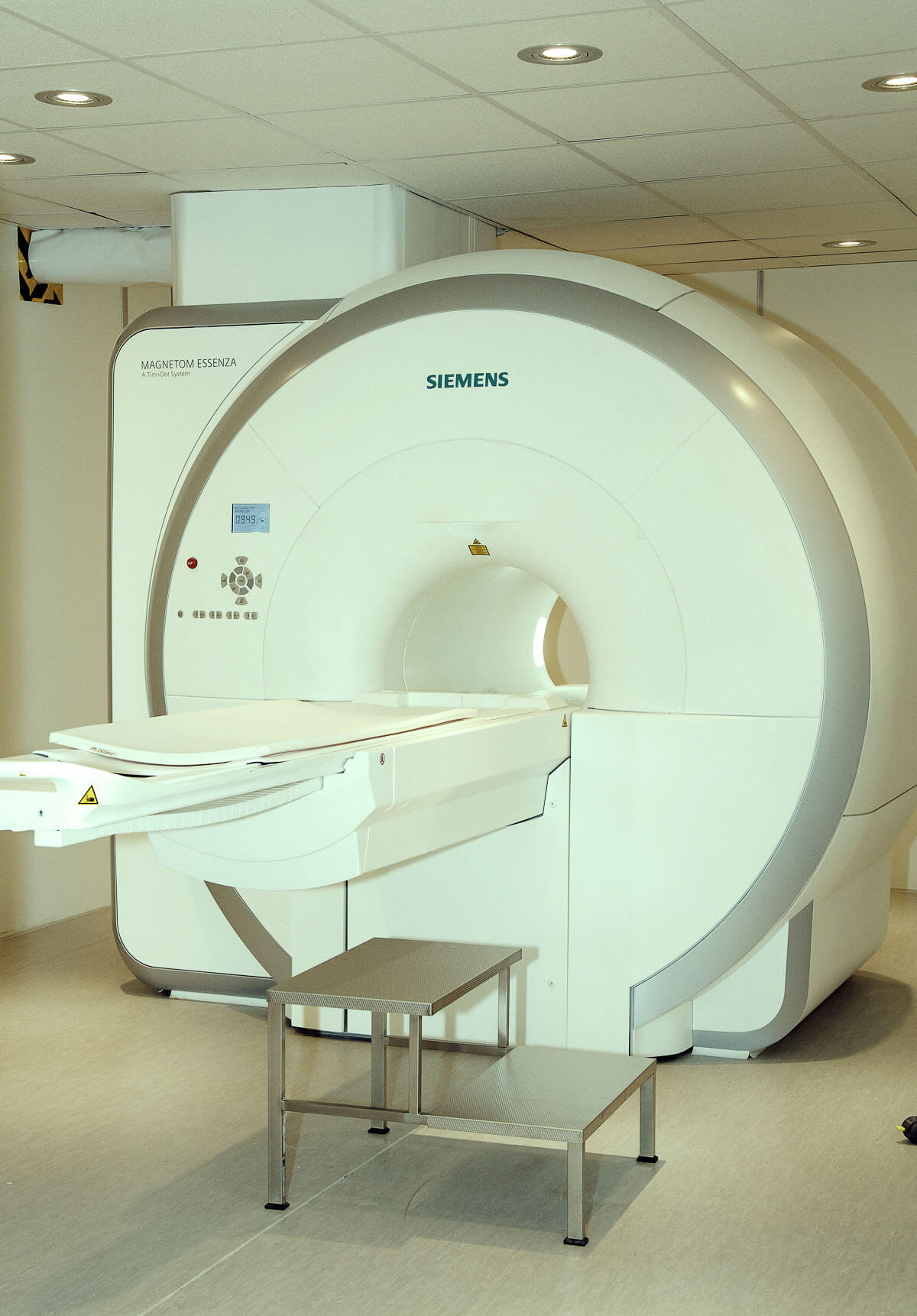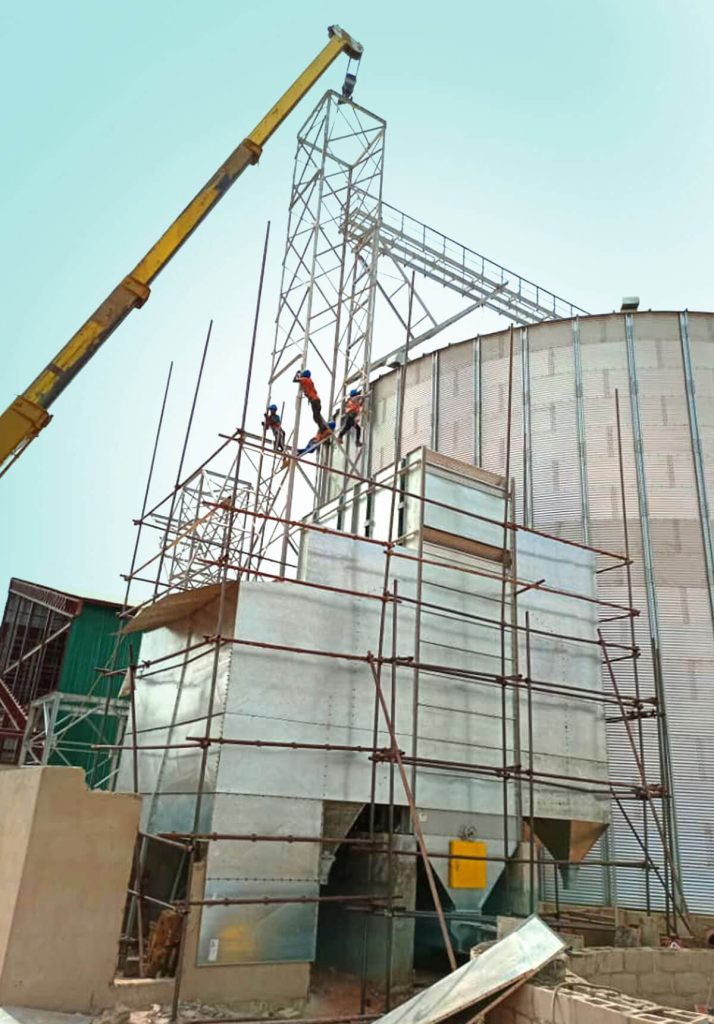These include:
- Tertiary specialist hospitals: Investment in hospitals providing healthcare focused on non-communicable diseases. Within this segment, NSIA will seek partnerships with existing public hospitals to leverage the breadth of clinical capacity at these establishments.
- Medical diagnostic facilities: Investments in this segment would focus on establishing modern medical diagnostic facilities either as standalone facilities or joint venture partnerships with public hospitals.
- Medical manufacturing: Investments in greenfield or brownfield pharmaceutical manufacturing facilities, or other medical equipment and supplies manufacturing facilities.
To date, NSIA, through its healthcare investment subsidiary, NSIA Healthcare Investment and Development Company (NHDIC), has built and commissioned three healthcare centres namely: a Cancer treatment centre in Lagos, the NSIA-LUTH Cancer Centre and two diagnostic centres; NSIA-Umuahia Diagnostic Centre (NUDC) and NSIA-Kano Diagnostic Centre (NKDC).
As it rolls out more projects, NSIA aims to establish at least 23 state-of-the-art, healthcare centres of excellence across the country as well as tertiary specialist hospitals to undertake advanced surgery and medical care.


